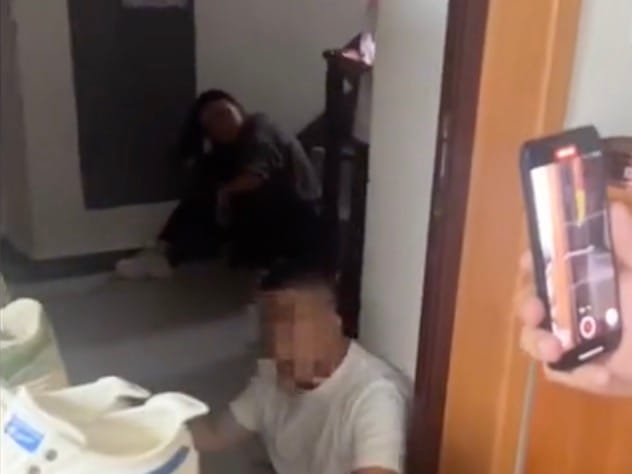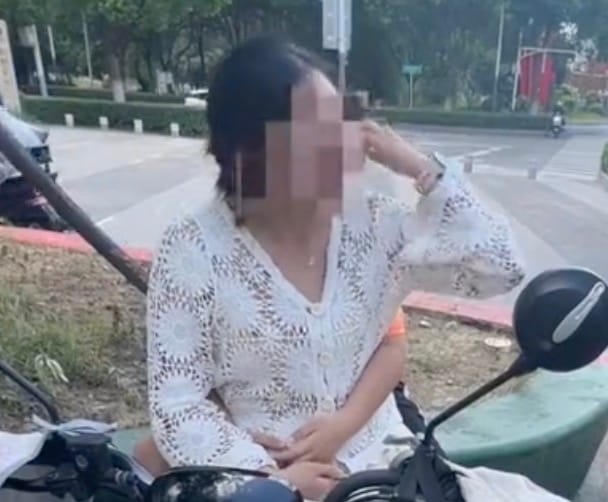Hit, Paid ¥3000 — Then Brought Her Boyfriend to Demand It Back
A Nanjing assault case reveals how compensation disputes can unravel when parties challenge police-mediated settlements, raising legal and ethical questions.

When a Minor Dispute Turns Major: The Assault Incident in Nanjing
Imagine a routine disagreement suddenly exploding into an assault 😳. That's exactly what happened in Nanjing, Jiangsu, when a heated argument escalated beyond control. The victim, seeking justice, reported the assault to the police, which led to mediation and a compensation settlement of ¥3000 for emotional distress and lost wages.

Police Mediation and the Binding Agreement
Police mediation often serves as a middle ground — providing a peaceful, efficient way to resolve disputes without dragging the case through lengthy legal procedures. In this case, both parties agreed to the terms under official supervision. But is a mediated settlement really the end of the road? 🤔
The assailant initially accepted the settlement but later had second thoughts. Together with her boyfriend, she confronted the victim to demand the money back, citing suspicion that the victim had overstated her salary to claim higher compensation. This unexpected turn raises questions about the legal solidity of such agreements and the ethics of challenging them after the fact.

Crossing Lines: Harassment and Escalation
The couple didn't just send a text or call — they showed up at the victim's home. This act, understandably, sparked outrage online. Netizens condemned their behavior as extreme and potentially illegal, highlighting the risks of taking personal matters into one’s own hands instead of following legal channels.
Could this visit constitute harassment or even trespassing? Laws vary, but generally, unwanted confrontations at someone's residence often cross legal boundaries. The incident serves as a stark reminder that disputes, especially ones involving money and emotions, can spiral if not handled with care and respect for legal processes. 🚨
What This Means for Dispute Resolution
This scenario is a fascinating study of how mediated settlements operate in practice. While designed to be final and binding, what happens when one party reneges? The victim's argument that the agreement was voluntary and police-supervised holds weight, but enforcing such settlements can be tricky.
It also underscores the importance of transparency and trust in agreements. If doubts about income or other claims arise, they should ideally be resolved through documented evidence before settlements conclude — not after with direct confrontations.
Lessons Learned and Broader Implications
At its core, this incident illustrates the delicate balance between seeking justice, ensuring fairness, and respecting boundaries. It's a cautionary tale that emphasizes the need for:
- Adhering to legal procedures rather than vigilante-style actions.
- Clear documentation to avoid misunderstandings about compensation.
- Respect for personal space and privacy, even in conflict scenarios.
For anyone navigating a compensation dispute, this story from Nanjing offers plenty to ponder and learn from. It’s not just about the money — it’s about the human emotions and complex legal considerations tangled up in every incident. 🧐




